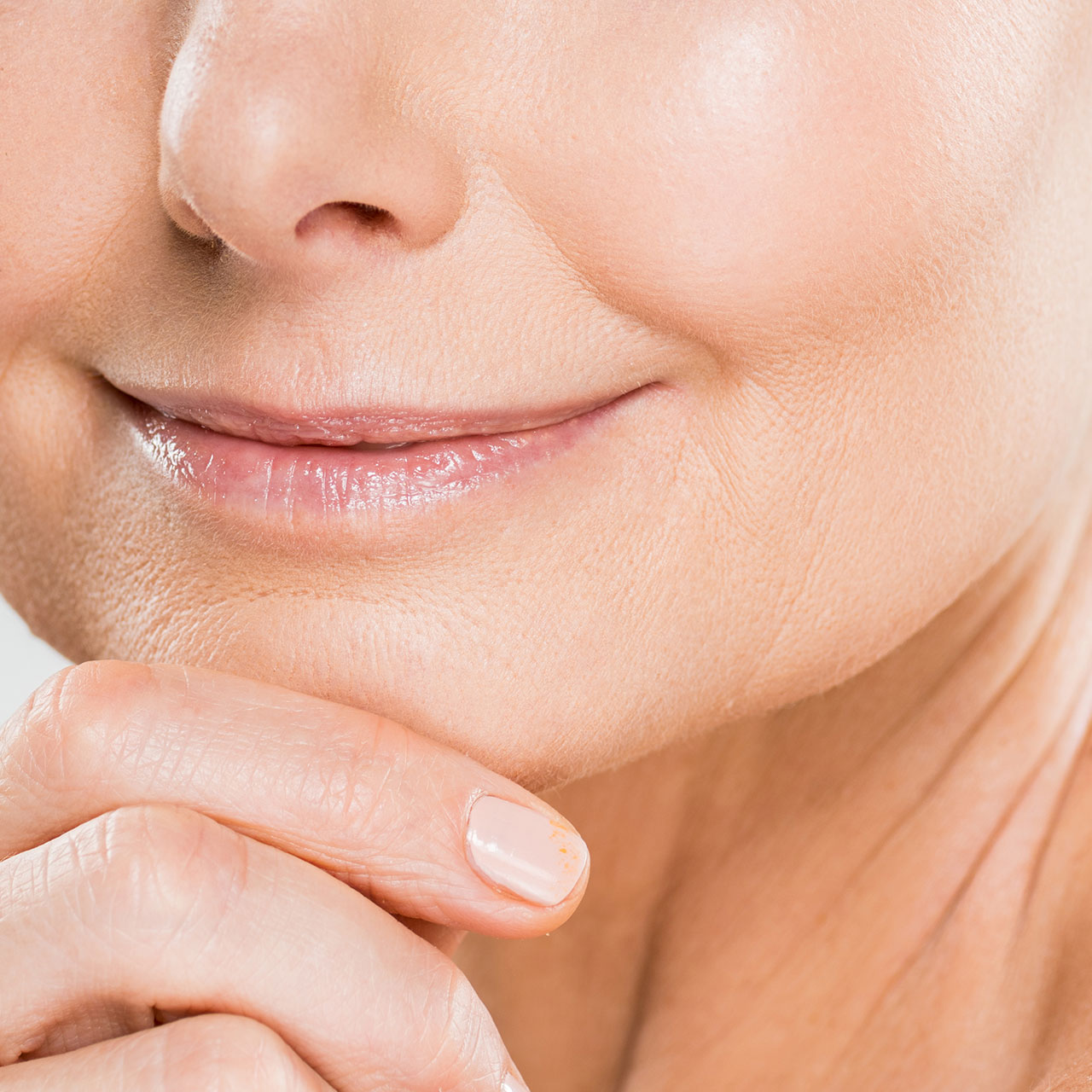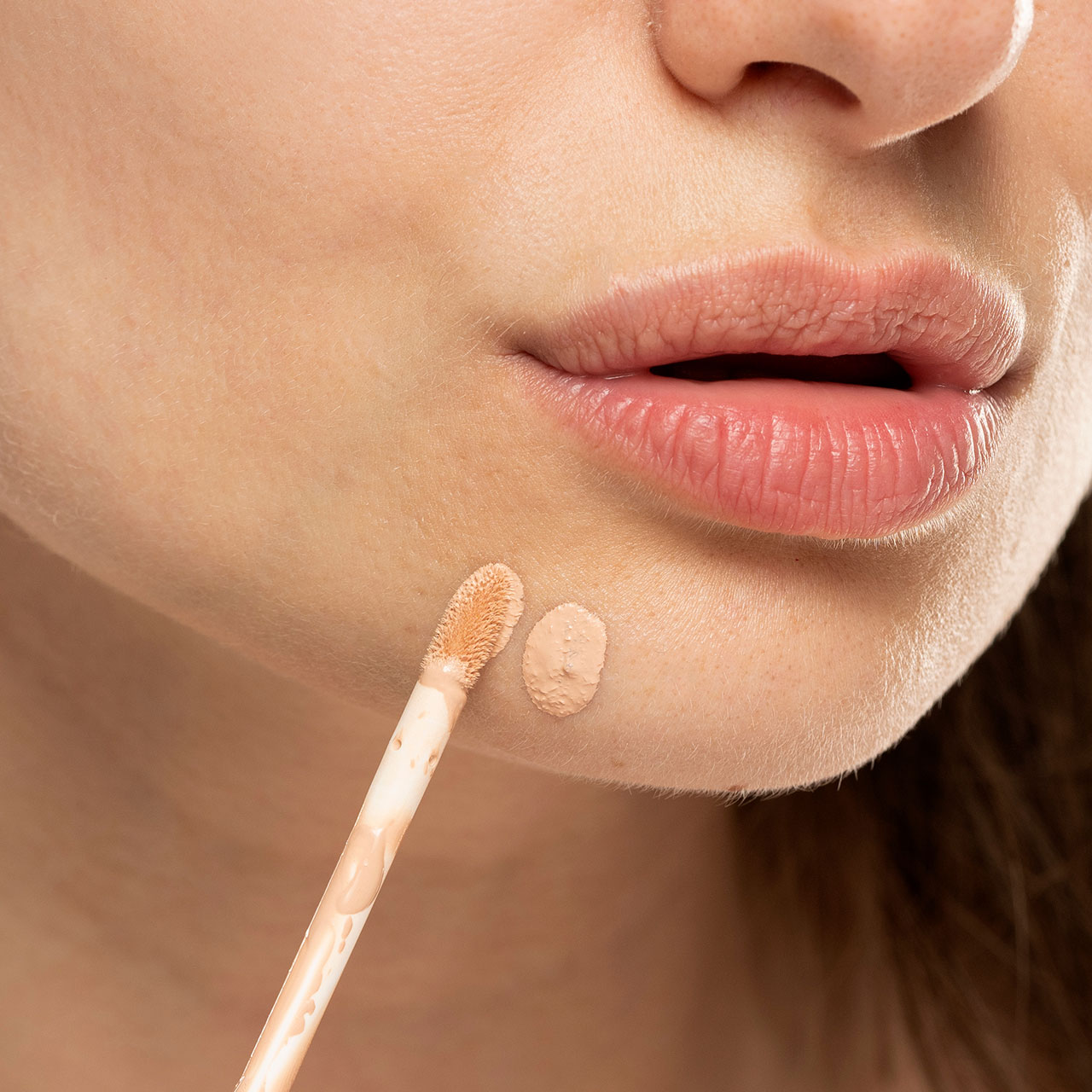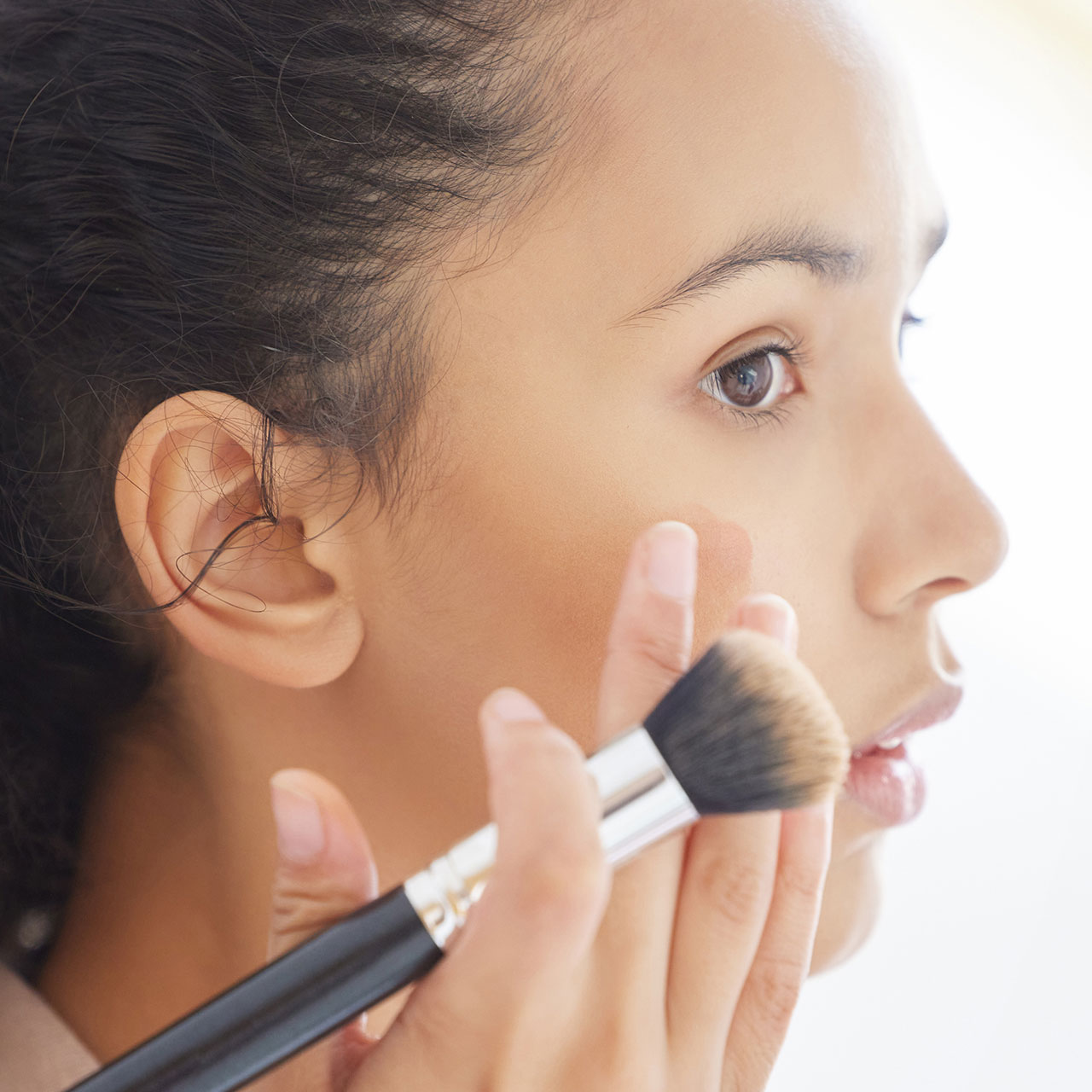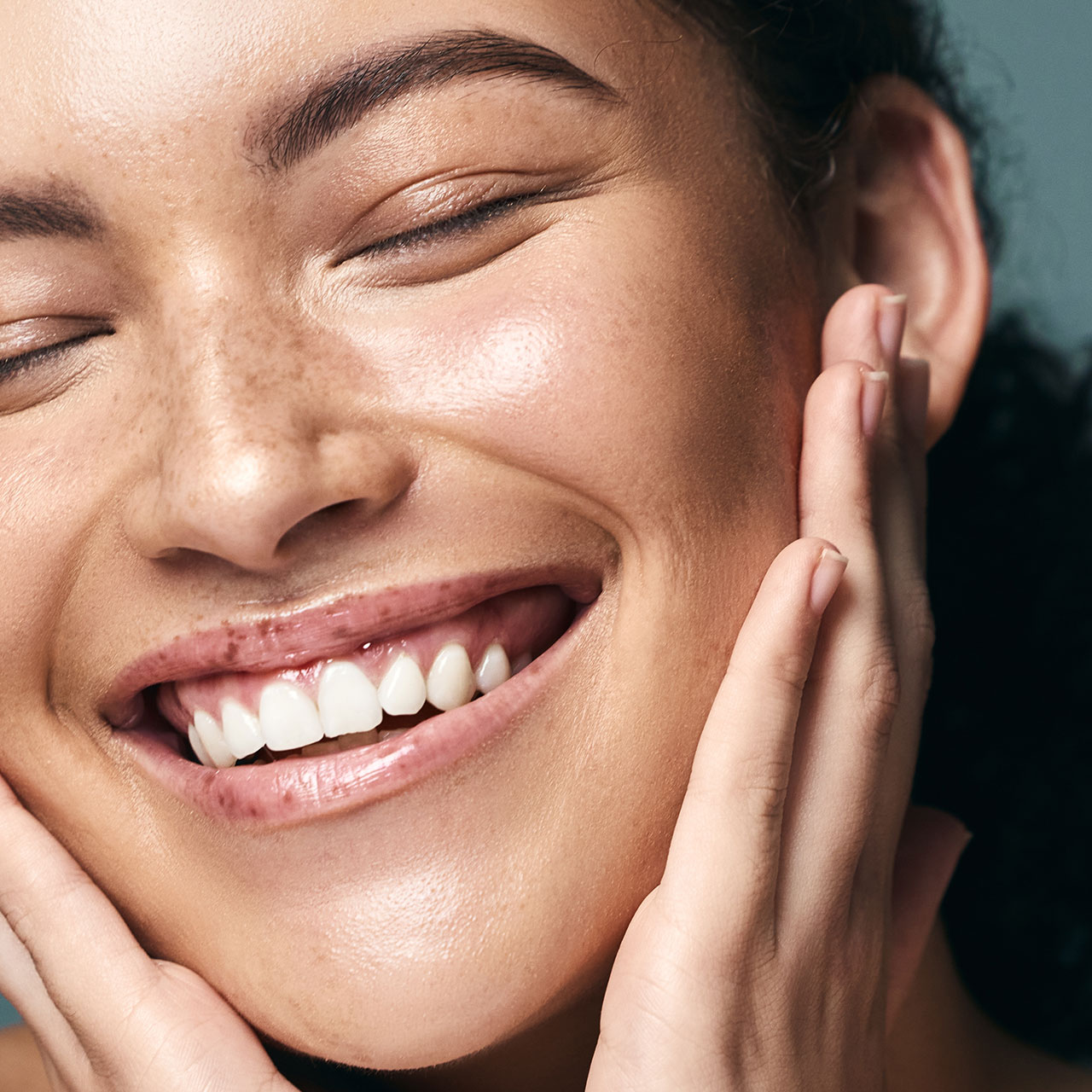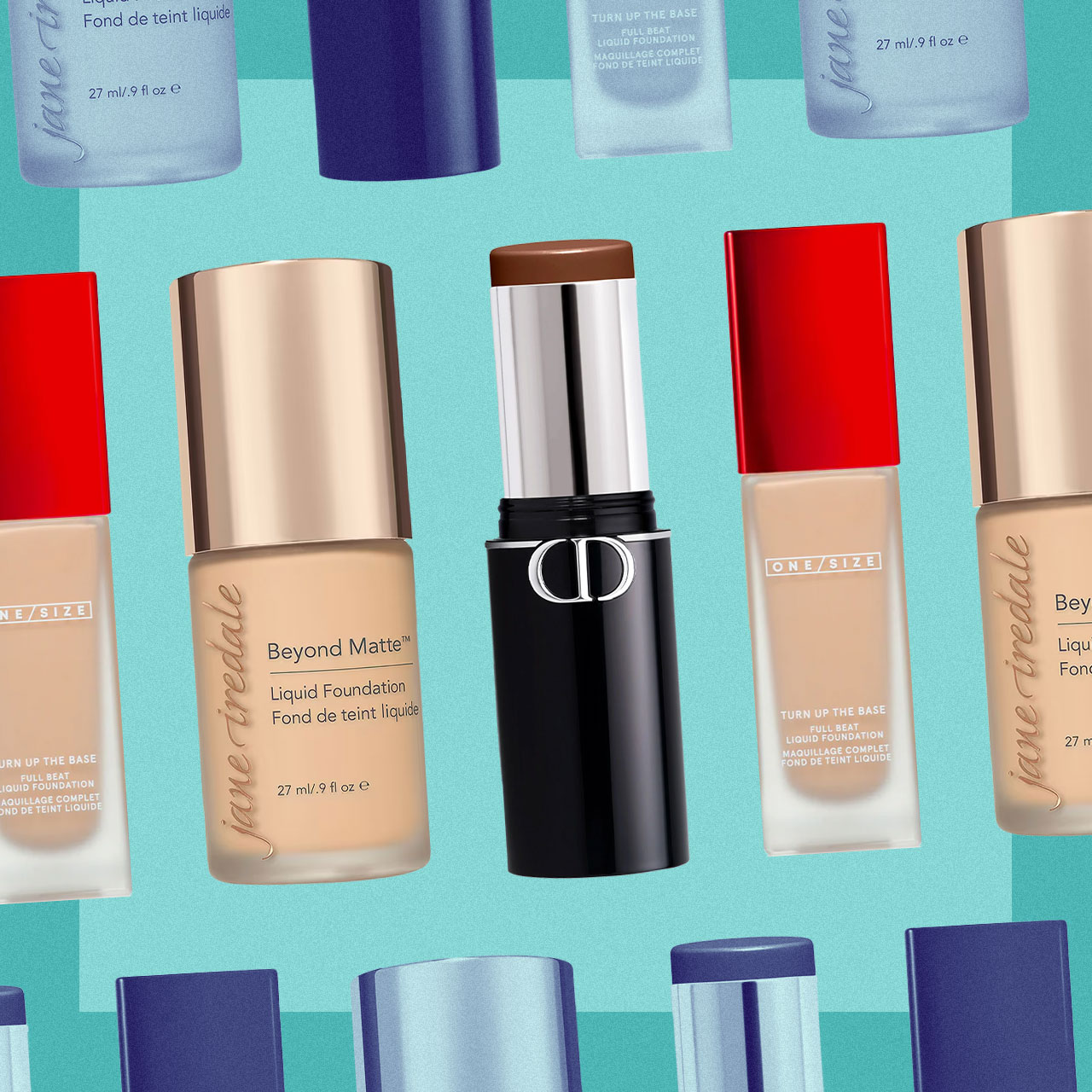This is an archived article and the information in the story may be outdated. Please check the time stamp on the story to see when it was updated last.
There are few things more frightening than discovering what can seem like (or actually is) massive amounts of hair in your brush or shower stall. Yet, hair loss is a common occurrence, even in women, and can be caused by a variety of factors that range from natural aging and hormonal changes to changes to your diet, stress, or new medications you are taking. Before you panic, many experts say it’s important to look first at what you are or aren’t putting inside of your body that could be contributing to the issue. If you’re a constant dieter, for example, you could be missing key nutrients that help keep hair follicles healthy and strong. And even if you don’t diet, it’s easy to neglect these components that can make a big difference if you’re experiencing hair loss. Dr. Ailynne Marie Vergara-Wijangco, a Clinical Dermatologist and researcher with ThankYourskin.com, shared with SHEFinds.com the four daily supplements doctors swear by to prevent hair loss over 40.

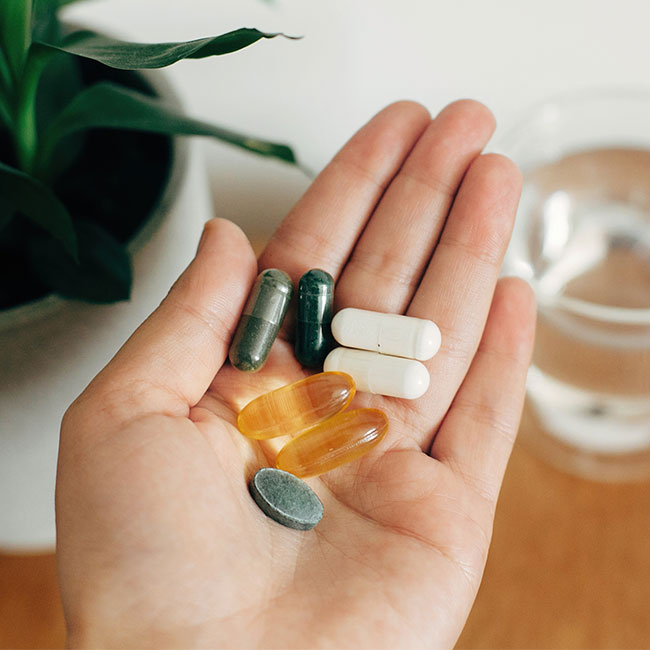
Green tea Derived from the Camellia sinensis plant
During production, green tea leaves are steamed — and not fermented as is often the case with oolong and black tea leaves — which maintains more of the tea’s natural compounds, Dr. Vergara-Wijangco explains. One of green tea’s primary plant chemicals is called epigallocatechin gallate (EGCG), and it has been associated with health benefits like weight loss, heart health, and brain health. But it also has a unique benefit for your hair.
“EGCG has also been shown to protect hair follicles — the part of your skin that grows hair — from hair loss caused by DHT,” Dr. Vergara-Wijangco says. “While this study has many limitations related to its small sample size and short treatment duration, it helps pave the way for further research on the topic. Green tea extract supplements commonly contain standardized amounts of EGCG but have not been shown to combat hair loss caused by DHT. They have also been linked to liver damage in certain populations. Ultimately, additional studies in humans are needed to better determine whether drinking green tea or taking EGCG or green tea supplements blocks DHT and fights hair loss.”
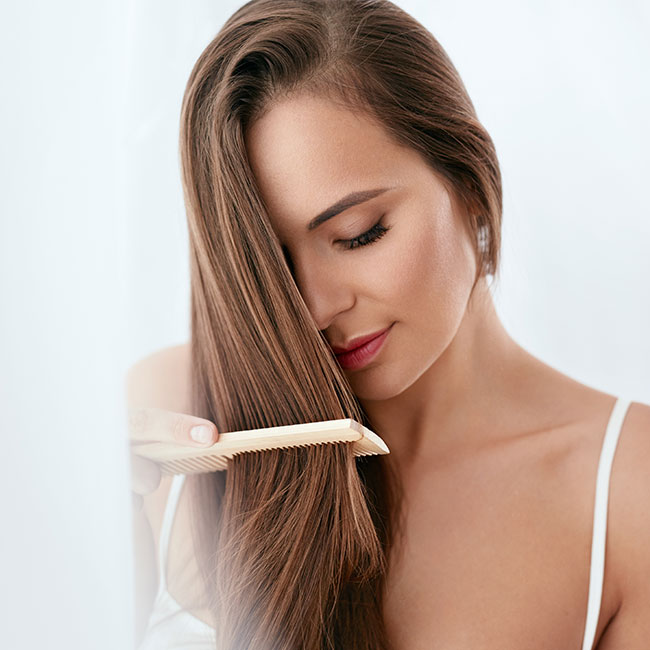
Coconut oil
You may already be using coconut oil as a topical treatment for more manageable hair, but as a supplement it also offers unique benefits.
“Coconut oil comes from the kernel or meat of coconuts — It’s commonly used for cooking thanks to its ability to withstand high cooking temperatures,” Dr. Vergara-Wijangco says. “The oil also has various applications in beauty, skin care, hair care, and overall health. Coconut oil contains a high percentage of fat from medium-chain triglycerides (MCTs), primarily in the form of lauric acid, which has been shown to block DHT production in test-tube and animal studies when provided orally. While these types of studies — known as preclinical studies — help researchers identify whether a specific treatment may be effective or safe, their results can’t be translated to humans. As such, clinical studies in humans are needed before coconut oil can be recommended for preventing or treating hair loss.”

Turmeric
“Turmeric is an herb widely used in cooking and as a powder extract for its health benefits,” Dr. Vergara-Wijangco says. “It has been shown to reduce pain from arthritis, improve cholesterol levels, and enhance exercise recovery, among other benefits. These effects are linked to turmeric’s high concentration of active compounds called curcuminoids, the most studied of which is curcumin. Preclinical studies have demonstrated that curcumin lowers DHT levels by blocking the action of the alpha-5 reductase enzyme. However, whether these results translate to humans remains unknown.”
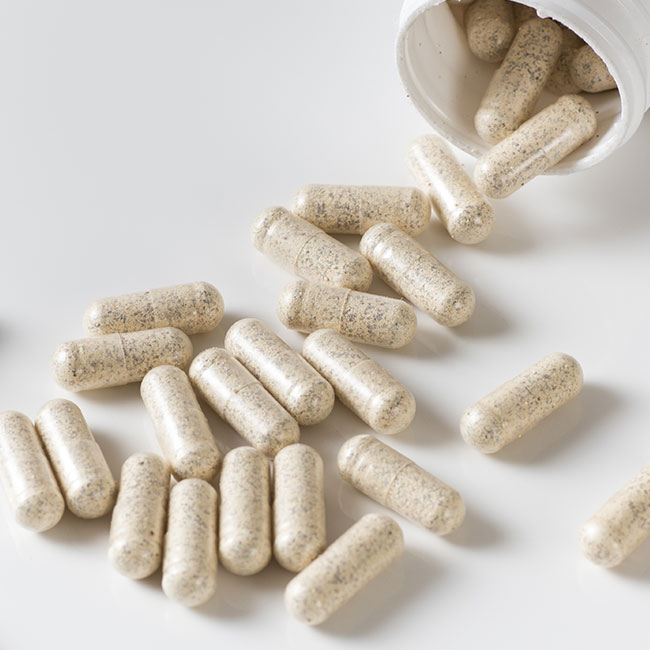
Pumpkin Seeds
Perhaps you only think of pumpkin at a certain festive time of the year, but each pumpkin actually contains hundreds of nutritious seeds that are rich in iron, zinc, magnesium, and antioxidants, Dr. Vergara-Wijangco says. “Interestingly, pumpkin seed oil may promote hair growth in men. In a 24-week study in 76 men with male pattern hair loss, those taking a 400-mg pumpkin seed oil supplement daily had significantly more hair growth than those receiving a placebo. However, there were no significant differences in hair thickness between the groups These findings were attributed to pumpkin seed oil’s ability to inhibit DHT production from testosterone by blocking the alpha-5 reductase enzyme. The supplement used for the study, however, contained other active ingredients that may have contributed to the results. As such, additional trials in humans are necessary before pumpkin seed oil can be recommended for fighting hair loss.”
As you might have already figured out, many supplements prove promising when it comes to hair loss, but all should be approached with a healthy degree of skepticism, since human trials are limited.
“Bottomline: DHT is a hormone that contributes to hair loss in both men and women,” Dr. Vergara-Wijangco says. “Green tea, onions, pumpkin seeds, and edamame, among other foods and beverages, contain nutrients that may lower DHT levels and prevent hair loss. However, based on the limited research, additional studies in humans are needed before — in the absence of a nutrient deficiency — any foods or specific nutrients can be recommended to prevent hair loss.”








